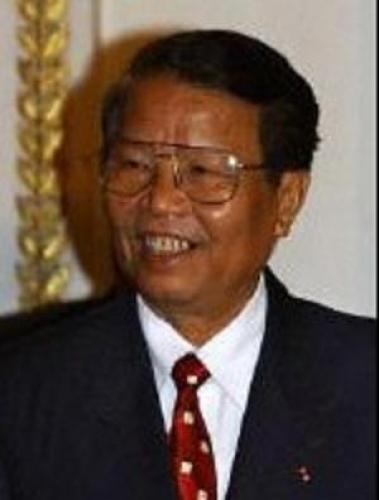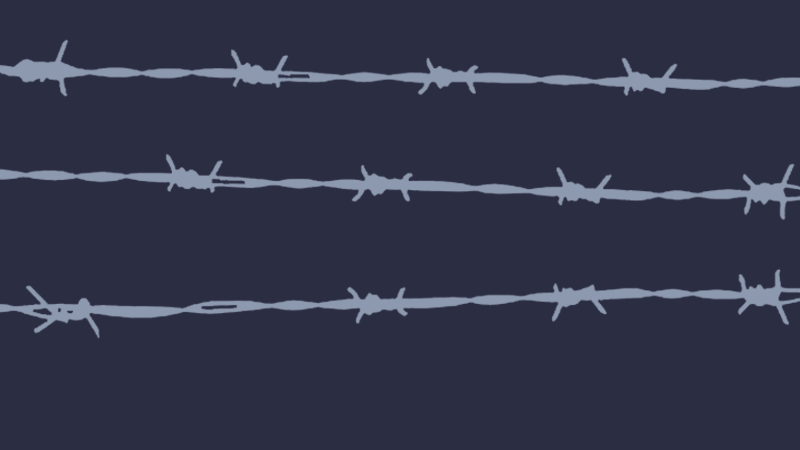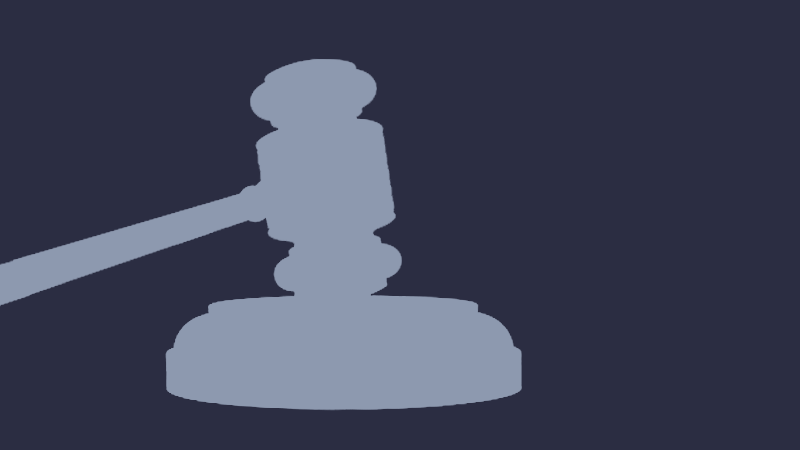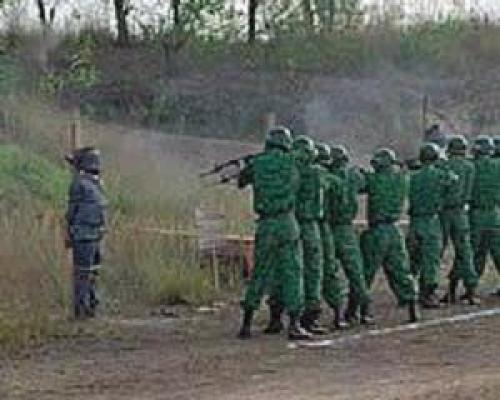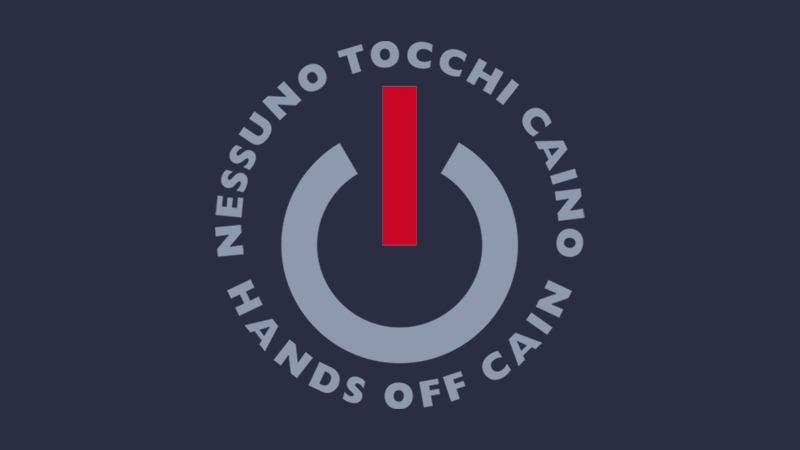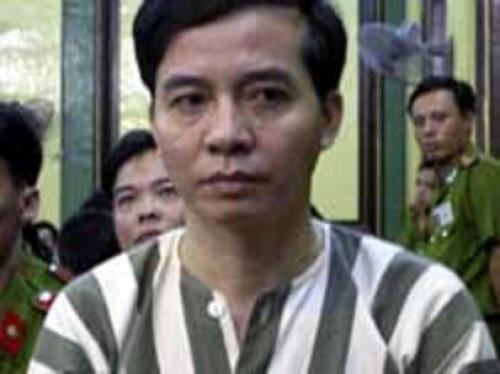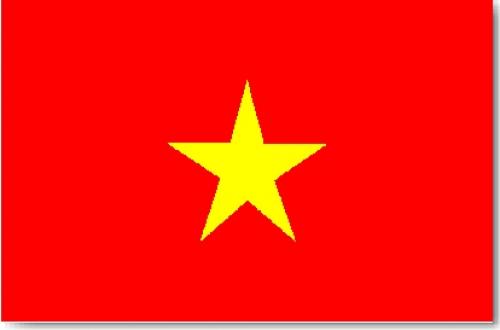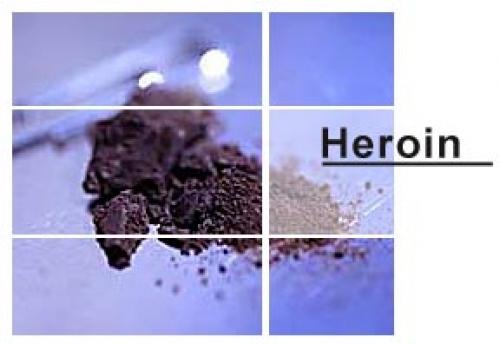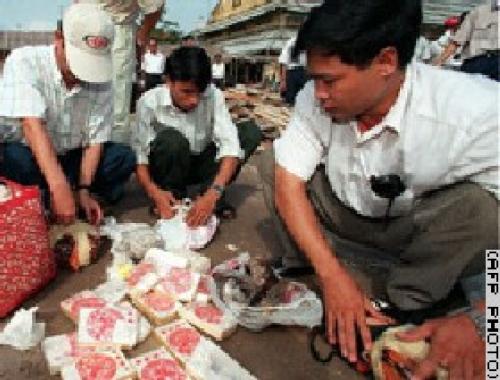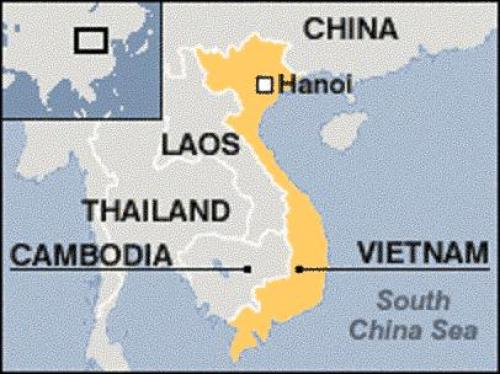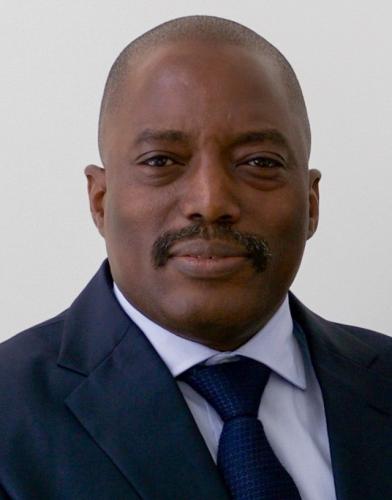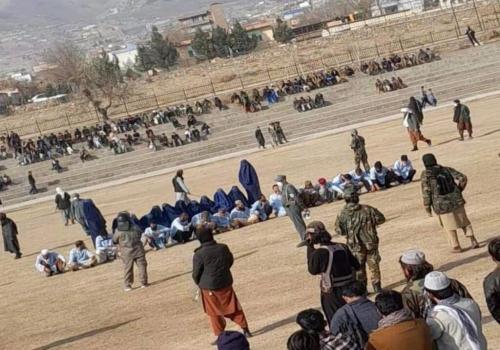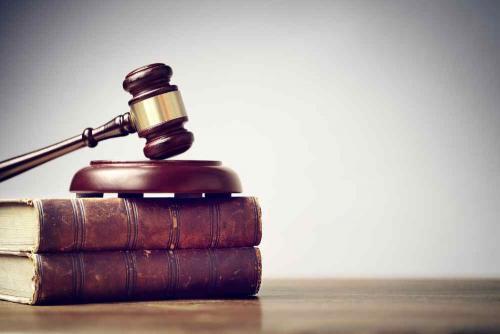government: One party
state of civil and political rights: Not free
constitution: 15 April 1992
legal system: based on communist precepts and French codes
legislative system: unicameral National Assembly (Quoc-Hoi)
judicial system: Supreme People's Court, chief justice is elected for a five-year term by the National Assembly on the recommendation of the president
religion: Buddhist and Taoist majorities; 5% Catholic
death row:
year of last executions: 0-0-0
death sentences: 58
executions: 14
international treaties on human rights and the death penalty:International Covenant on Civil and Political Rights
Convention on the Rights of the Child
situation:
Vietnam applies the death penalty for 29 different crimes. These include: murder; armed robbery; treason; drug trafficking; sexual abuse of children; and a string of economic crimes, such as embezzling 500 million dong ($33,108) or more of state property.
Vietnam has some of the toughest drug laws in the world. A 1997 law made possession or smuggling 100g or more of heroin, or 5 kilograms or more of opium, punishable by death. In July 2001, the People’s Supreme Court issued guidelines envisaging a 20-year jail term for defendants guilty of trafficking from 100g to 300g of heroin, life in jail for trafficking 300g to 600g, and capital punishment for 600g and upwards. The guidelines are not strictly implemented.
To defuse criticism by Western governments and international human rights organizations on its use of the death penalty, in 2003 Vietnam classified death penalty statistics as “state secrets”. On January 5, 2004, the government even made it an offence to report information on the death penalty. The decision, however, was poorly respected and no one has been punished for reporting an execution.
Vietnam is considering abolishing the death penalty for nine different crimes, including smuggling, fraud, counterfeiting and bribery, state-controlled media reported on February 10, 2005. The Ministry of Public Security has submitted a proposal to the Central Judiciary Reform Steering Commission that would cut the number of offenses punishable by a maximum penalty of death to 20 from the current 29, the Ho Chi Minh City Law newspaper said. The ministry also proposed adding lethal injection as a more humane method of execution. The newspaper quoted the ministry as saying that execution by firing squad should be stopped because of the psychological impact on executioners. The proposal must be approved by the National Assembly to become law.
Under Vietnamese law, once an appeal for clemency has been turned down, the state is obliged to carry out the death sentence as soon as possible. But prisoners condemned to death are usually kept on death row for at least a year before being executed.
Executions in Vietnam are carried out by a firing squad of five people, often in public, at dawn. The convicted are blindfolded and tied to a stake.
Relatives are not informed beforehand, but are asked to collect the belongings of the executed two to three days after their death. A decision by the interior ministry in 1974 bans the handing over of bodies of executed criminals to their family.
In rural Vietnam, people are sometimes tried by 'mobile' courts. The proceedings are presided over by local justice officials and often take place outdoors. These trials are criticised by international human rights groups which say defendants do not receive a fair trial.
Defendants are seldom able to choose their lawyers, who in turn have very little access to their clients. According to an expert cited by the US State Department more than 95 percent of people brought to trial are found guilty.
Extrajudicial executions also take place in Vietnam, often triggered by religious persecution.
Vietnam singles out “illegal” Christian churches because they are “contaminated by American Protestants and therefore opposed to national interests” according to government propaganda. The repression is particularly hard on the Montagnards, a Christian Protestant ethnic minority indigenous to the Central Highlands. Hanoi considers Degar Protestantism - a form of evangelical Christianity followed by many of the hill tribe people - as a rallying mechanism for US-based exiles seeking an independent state. The Montagnards deny the charge and proclaim their right to practice their religion freely on what they describe as their “ancestral lands” in the Central Highlands. The South Carolina-based Montagnard Foundation, that fights to protect the rights of the hill people, also known by their own tribal name of Degar, denounced a number of summary executions by Vietnamese authorities throughout 2004.
According to a September 2005 Report by Forum Asia Democracy, an independent movement of non-governmental organizations and individuals founded in July 2001 to promote freedom, democracy and the rule of law in Asia, there are more than 100 executions per year, mainly for drug-related offences.
At least 69 executions were carried out in 2003, and at least 34 people were known to have been put to death in 2002.
The escalation of death sentences and executions in recent years peaked in 2004 with 115 sentences passed and at least 82 people put to death. In 2005 executions recorded were 27 and 68 death sentenced were passed. These figures are based on information published by state media or judicial sources, and probably fail to reflect the real extent of the practice of capital punishment in Vietnam. The reduction in the number of executions in 2005 may be the effect of the 2003 Government decision to consider statistic on the death penalty as a secret of State.


